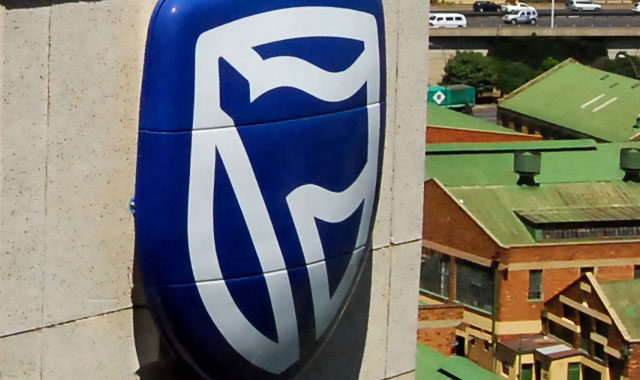
Standard Bank has asked the high court to prevent President Jacob Zuma and his ministers from intervening in its decision to close accounts of companies associated with the Gupta family, who are friends of the leader and in business with one of his sons.
The appeal goes a step further than an order sought by finance minister Pravin Gordhan, who in October approached the court for a ruling that he doesn’t have the authority to interfere with whom banks choose as clients. Gordhan took the steps after the Guptas repeatedly pressured him to get the banks to overturn their decision. FirstRand and Nedbank have already filed court papers supporting Gordhan’s stance.
Ministerial threats to review South Africa’s banking regulations and comments from Zuma that he is considering requests for a judicial commission of inquiry to investigate the Gupta account closures have no “legal basis”, Standard Bank’s general counsel said in an affidavit filed in the high court in Pretoria on Wednesday.
The Guptas and Zuma have repeatedly denied any wrongdoing. Zuma’s spokesman Bongani Ngqulunga didn’t respond to two e-mails seeking comment. After answering his mobile phone, the call dropped and subsequent calls to Ngqulunga went directly to voicemail.
Companies linked to the Guptas and their Oakbay Investments “fall into the category of politically exposed persons”, Standard Bank said in its papers. This was only one of the factors taken into consideration when Standard Bank closed the accounts, it said.
Having conducted a due diligence on Gupta companies, Standard Bank said that continuing a relationship would increase its risk of contravening laws including the Prevention of Organised Crime Act, the US’s Foreign Corrupt Practices Act and the UK’s Bribery Act. When asked about allegations in the media, information from representatives for the Guptas was found to be “insufficient, unconvincing and in one instance demonstrably dishonest”, Standard Bank said.
Gupta-linked entities embarked on a public campaign to condemn the lender’s decision to close accounts, attributing a “racist motive to Standard Bank” and asking one of its international shareholders to intervene, according to Standard Bank, which didn’t identify the investor. “The accusations were and are offensive, unlawful and unfounded.”
Every allegation will be dealt with in detail when the Guptas’ businesses file court papers in mid-January, said Gert van der Merwe, the Guptas’ lawyer. “The family will not run away,” he said, adding that if any wrongdoing was proven, they would take the consequences. E-mailed requests for comment sent to Gupta family addresses received no response.
Trustees replaced
Having been notified of the impending account closures, a representative of Oakbay asked Standard Bank to transfer almost R1,5bn to the Bank of Baroda, which has a branch in Johannesburg, according to the court papers.
Although the money was held in an account belonging to the Optimum Mine Rehabilitation Trust, the trustees were replaced by Oakbay nominees “within a matter of days”, Standard Bank said. Along with approvals from the department of mineral resources, the new trustees had the funds transferred.
“Standard Bank ironically forced the transfer by closing the account,” Van der Merwe said. When Optimum Coal Holdings was purchased, Tegeta, a company controlled by the Gupta family, was going to appoint new trustees, Van der Merwe said. “It makes sense that they would then apply for the transfer. I don’t see anything inappropriate with that.” — (c) 2016 Bloomberg LP




